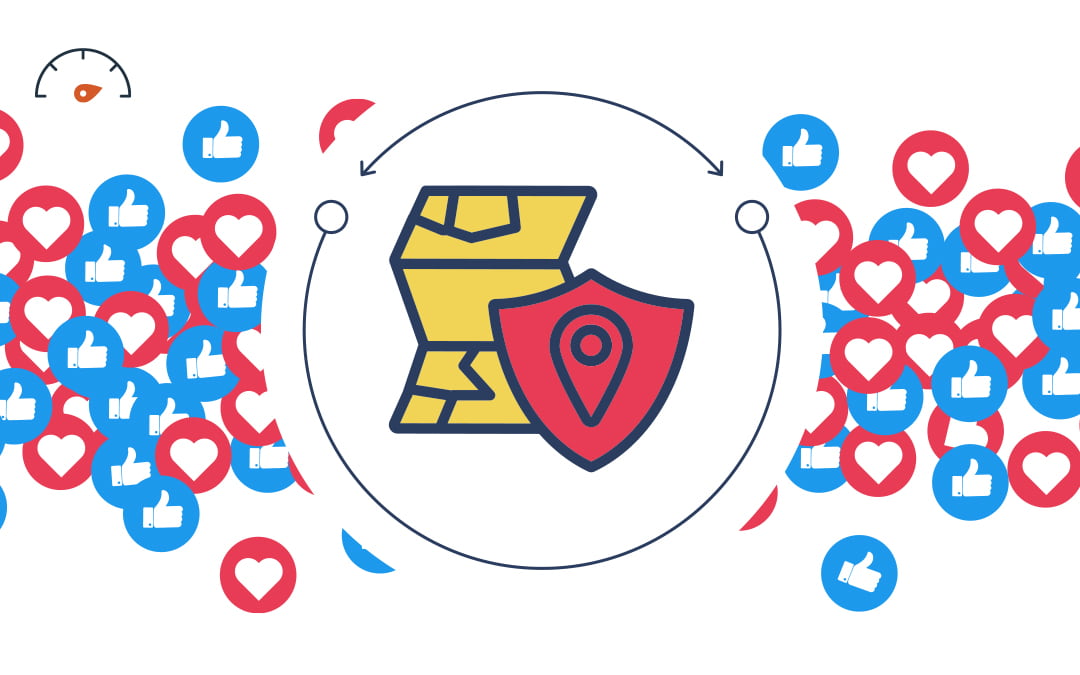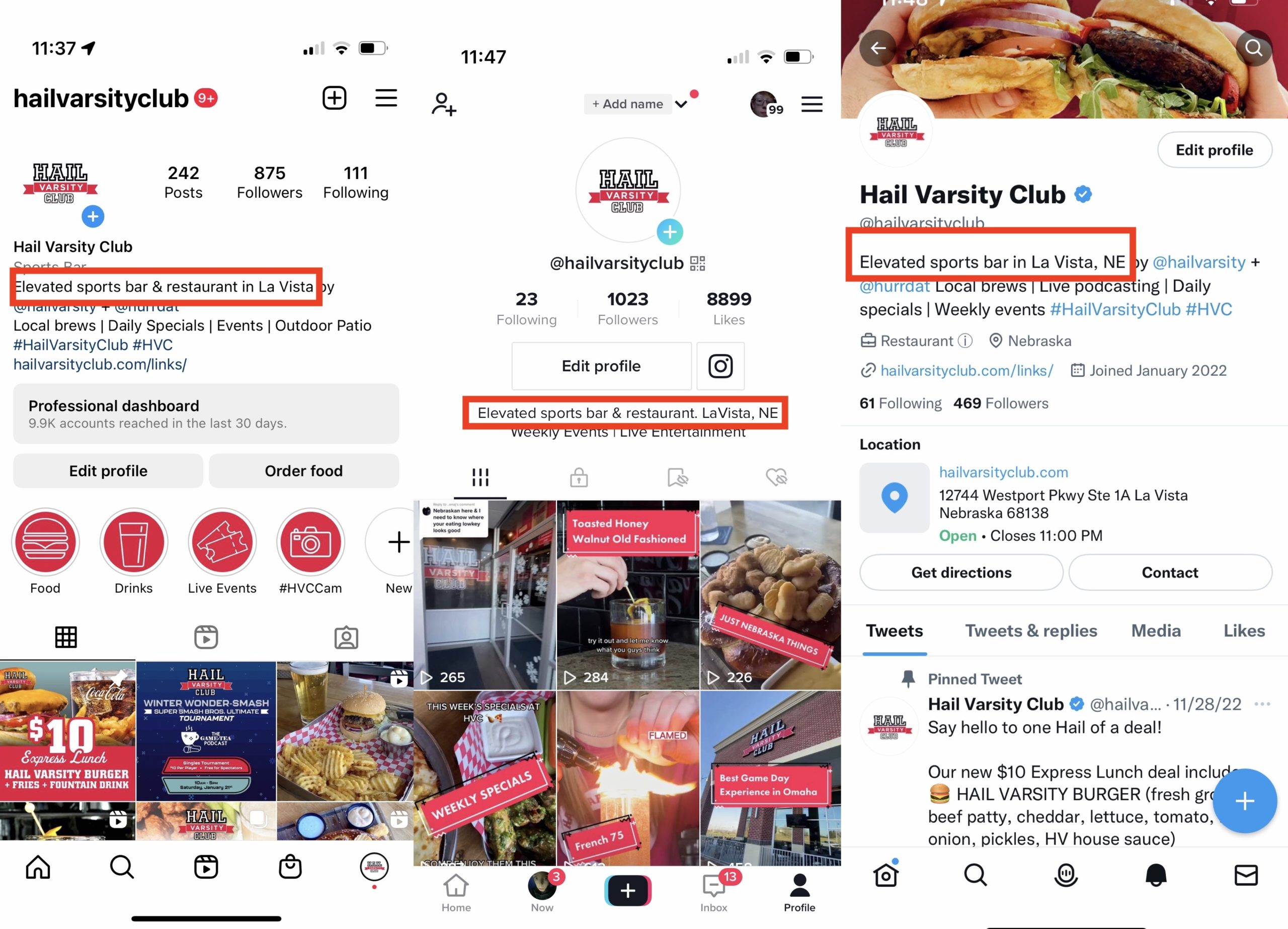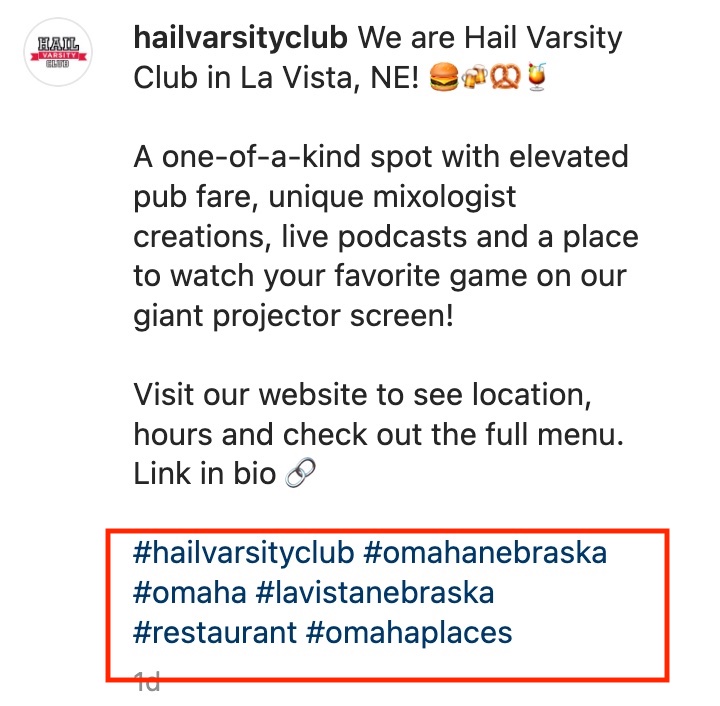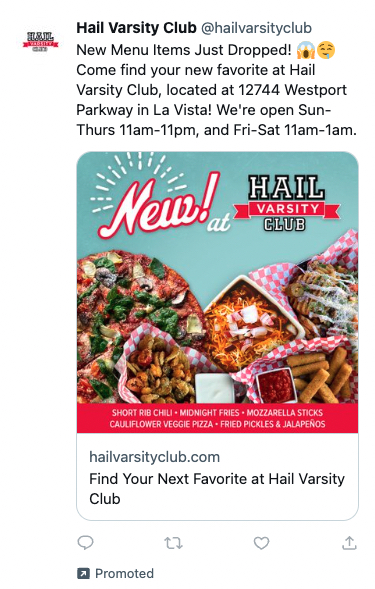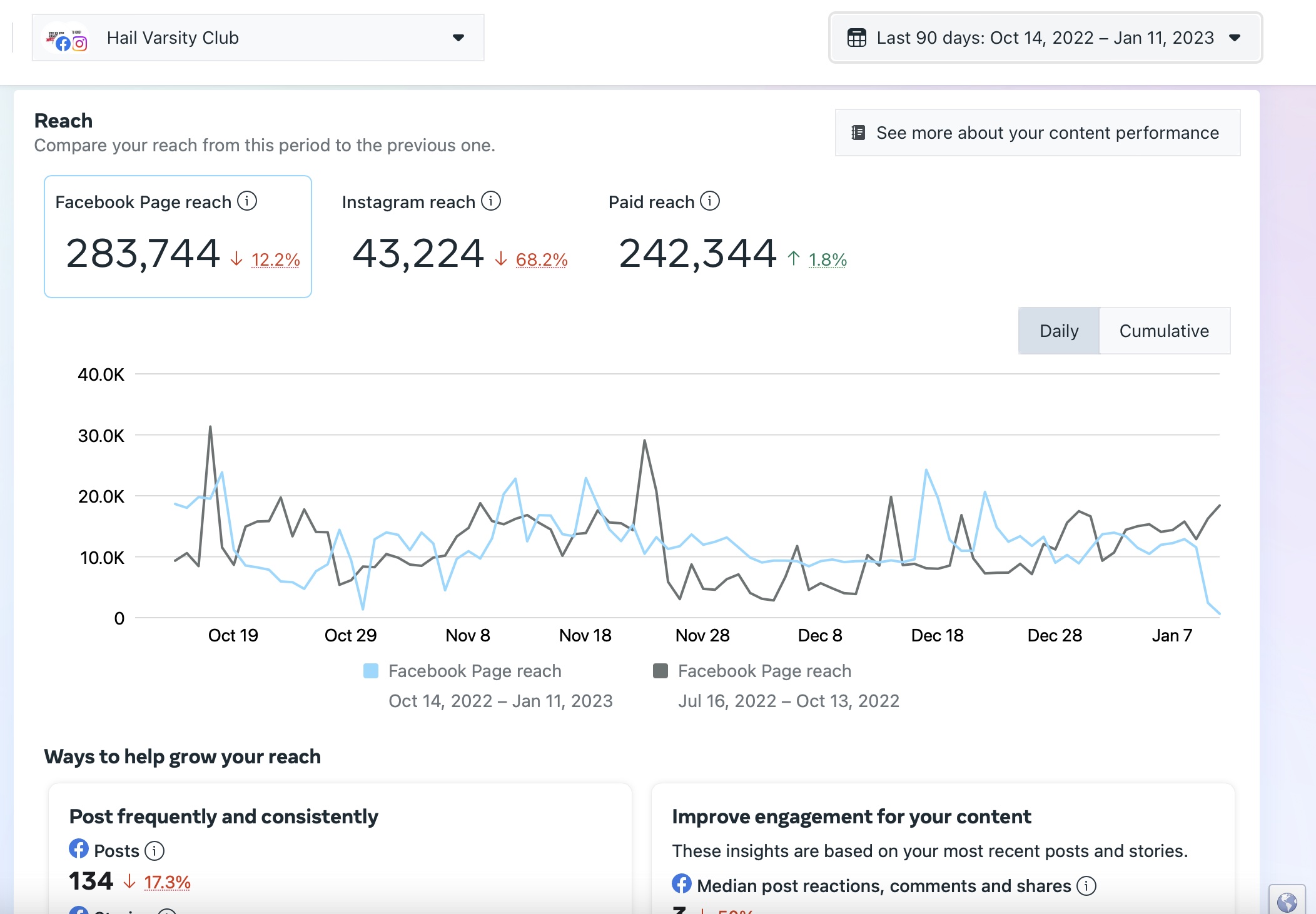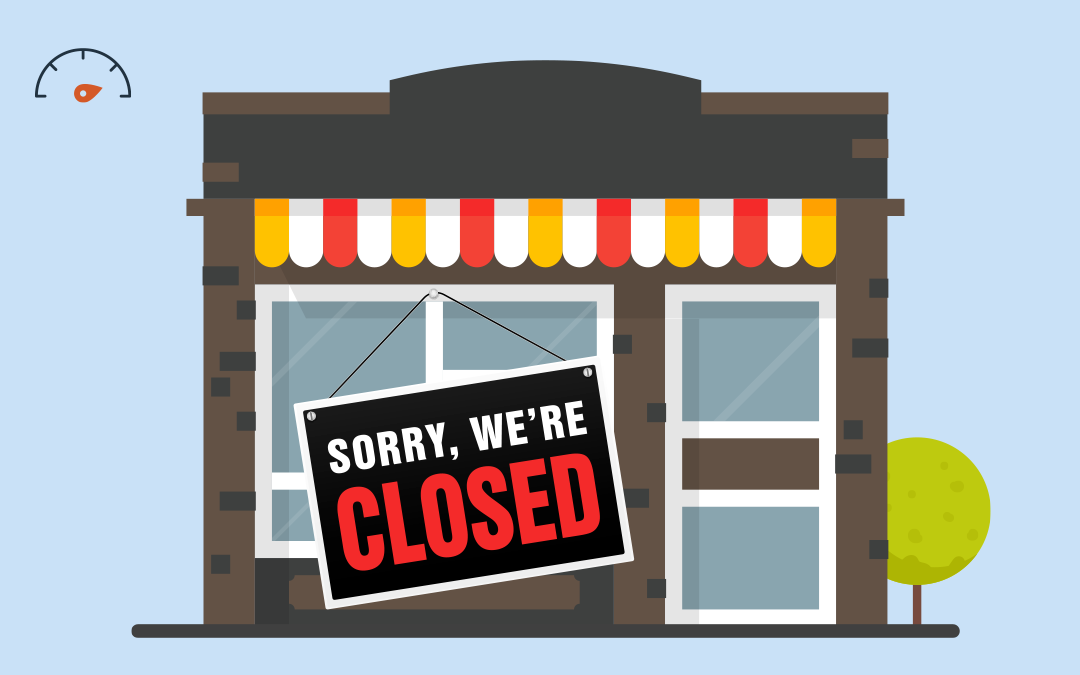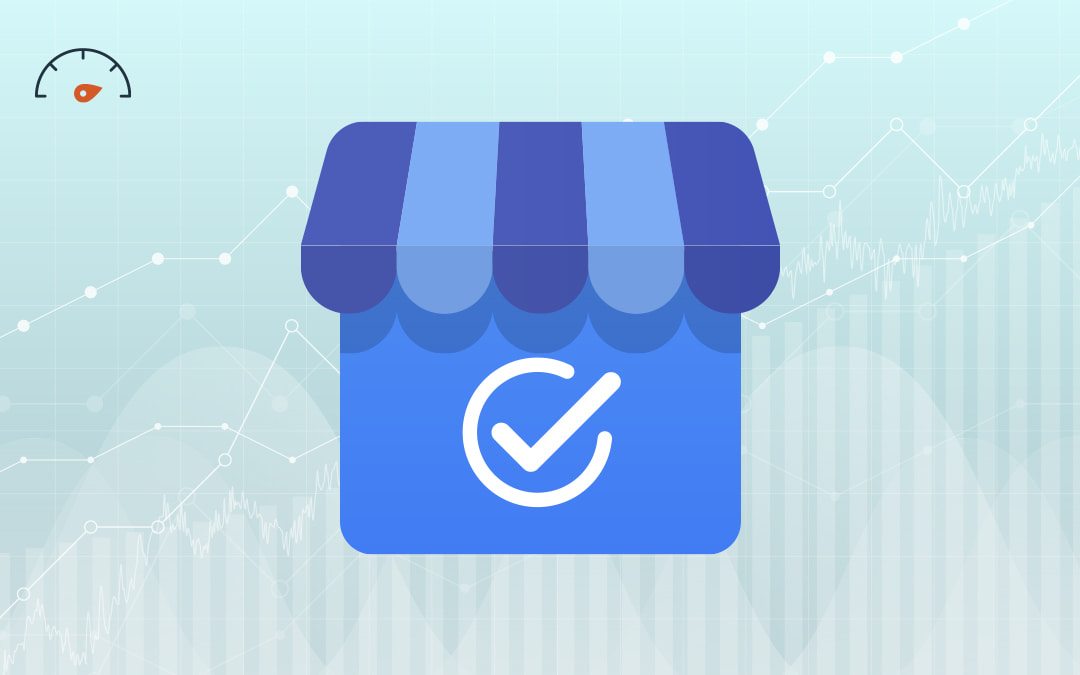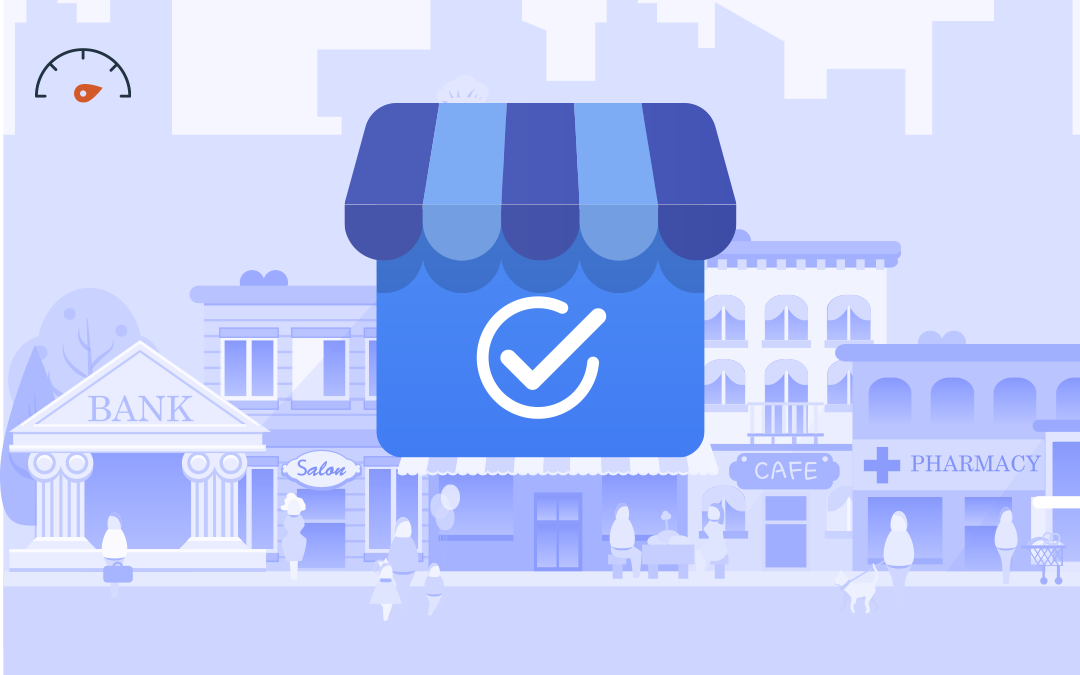Over 4.26 billion people have a social media account, which they spend an average of 147 minutes per day using. This means it is more important than ever for small businesses to carve out a space for themselves online to reach customers. Discover how you can improve your small business’ local visibility and conversion rates through social media marketing.
Why Do Small Businesses Need Social Media?
Familiarity with social media marketing tactics is crucial for small business owners looking to compete with large corporations. Although the world of social media marketing can be intimidating for someone unfamiliar it, there is space for everyone online—you just need to know how to make the most of it. The good news is small businesses have access to the same social media platforms that large corporations do, and can create their own online communities. Here are some of the advantages social media marketing can offer.
Increase Brand Awareness
One of the greatest advantages of using social media is the sheer amount of people you can potentially reach. Creating an online presence can help you connect with more people and boost brand awareness. The more relevant, high-quality content you create, the more likely local customers will be to engage with your business, leading to an increase of the reach and exposure of your brand. By maintaining a consistent brand voice, you can set yourself apart in the crowded digital landscape and help customers recognize you more easily across your various communication channels.
Improve Local Visibility
Because social media profiles serve as valuable search engines in their own right, positioning yourself locally with hashtags allows you to target people directly within your state, region, or city. You can make connections with customers, other businesses, and potential employees in your local area by using local hashtags on platforms like Twitter, LinkedIn, Facebook, and Instagram.
Social media profiles also give you more opportunities to create local citations. Including citations with NAP data (i.e., business name, address, and phone number) in your social media descriptions makes it easier for customers to find your business online, and maintaining consistent NAP data across platforms will also help demonstrate your credibility to Google.
Understand Your Competitors Better
Take the time to see which of your competitors already have social media accounts, and which ones post content on a regular basis. By looking at competitors online you’ll be able to see what content worked well for them and adapt their post types to your unique services or products. You can also identify areas where you can improve on what your competitors are doing.
Learn Customer Habits & Interests
There is a ton of consumer information that small businesses can gather through social media marketing research. By observing social media metrics such as views, likes, and shares, you can learn what users are most interested in and start creating more engaging content for your audience. Social media also gives you access to consumer data like age, gender, location, marital status, and education level, allowing you to learn more about the different segments of your audience so you can improve your marketing efforts across all channels.
Find Affordable Local Advertising
If you’re looking for ways to reach local customers and promote your business’ products or services online, social media provides budget-friendly paid advertising options with good audience targeting capabilities. You can even tailor ads to geographic areas and customer demographics so you can focus your ad campaigns on smaller groups of people for a more affordable price. Platforms like Facebook, Twitter, and Instagram have millions of users, which means your customers are likely already using these spaces and being exposed to ads from other businesses.
Social Media Marketing Tips for Small Businesses
Now that you’ve seen how social media can help your business, it’s time to implement an effective social media marketing campaign. Check out our social media marketing tips to help you choose the best social networks for your business and execute a well-planned social media strategy. Though there are dozens of established social media platforms that could help your local business grow, you don’t need to be on all of them. Instead, focus your marketing on platforms where your time, money, and efforts will see the best results.
Set a Budget
One of the biggest advantages social media offers to small businesses is that you can do social media marketing for free. That said, there are optional paid features that you may want to consider like Facebook boosts, Twitter verification, and PPC social media marketing campaigns. Depending on your goals, you might also want to invest in special equipment—like a high-quality video camera for creating professional long-form video content.
Your budget will inform what kind of social media content you can create. If you don’t have the funds to invest in additional tools or new equipment, you’ll want to spend your time on platforms where well-performing content can be easily crafted with the resources you already have. Additionally, remember that even if you aren’t spending money on your social media marketing efforts, you’ll still need to budget hours within your company for content creation.
Research Your Audience
Any good social media marketing plan should incorporate a form of target audience analysis. Knowing the different segments of your audience, what social media platforms they use the most, and when they use them is vital to spending your social campaign efforts effectively.
If your audience responds well to visual content, then you should focus your efforts on platforms like Instagram, Pinterest, TikTok, and Facebook. If your customers prefer written content, then social networks like LinkedIn, Facebook, and Twitter will likely be better options for your business. Observing user habits—like what times of day your audience is most active and which types of posts they engage with most—will help you plan and schedule your content for maximum impact.
Respond to Reviews & Messages
While going viral on social media can be exciting, connecting with your existing audience and building up your local social media presence is often far more effective at bringing people to your website or physical business location. Social media gives you the power to connect with your customers on a deeper level by giving a built-in platform for users to leave reviews and interact with the content you post. In addition to interacting with positive reviews and comments, make sure you respond to negative reviews within 12-24 hours to demonstrate your care for customers.
Keep Content Relevant
Crafting content that is relevant to your business is important because it establishes your brand as an authority in its field and a trustworthy resource for your audience. You can also help drive traffic to your website by publishing relevant content that caters to what users are looking for.
Think about the products or services you offer and consider what types of content would work best for building your brand. Maybe you have a restaurant that would benefit from showcasing menu items through photos and videos on Instagram and TikTok. Or perhaps you are a local financial advisor and could build brand awareness by sharing financial tips via LinkedIn and Facebook.
Create Platform-Specific Posts
While repurposing social media content can be effective and save you some time, you don’t want to lean too heavily on using the same content across all channels. For one thing, people who follow you on multiple platforms could become tired of your brand if they see the same exact content on multiple platforms. But more importantly, different platforms offer different conversion advantages! For example, you can’t include a link in an organic Instagram caption, but you can in a Facebook caption.
Certain types of content also display better on specific platforms. Short-form video is well suited for TikTok, Instagram, and YouTube Shorts. Long-form videos work better on Facebook and Youtube. Image-based content like photos, infographics, and memes perform best on platforms like Instagram, Pinterest, and Facebook. Text-based content such as blog posts, articles, and how-to guides work well on LinkedIn and Facebook.
Consider Posting Frequency
Decide how much time you can dedicate to social media. Will you post content every day, once a week, or once a month? Your social media posting frequency should be based on your goals, audience activity, and the platforms you’re posting on.
For example, if you know your audience is most active on Facebook and spends most of their time online on Friday afternoons, you’ll want to release content when they’re most active—Friday afternoon. Adhering to a consistent schedule can help you stay at the forefront of your customer’s minds.
Create content in batches to use your time effectively, and then release content on a schedule. Make sure to be mindful of current events so you can update your scheduled content as needed.
Review Your Metrics
There is a ton of data you can gather from social media platforms, but you should set clear goals for your social media marketing campaigns to help you determine which metrics are most important for your business to track. Metrics you may want to watch include post likes, shares, and click-throughs to your site. At the end of your marketing campaign audits, remember to look at your metrics to see if your goals were met. Audit your social presence each quarter to see what’s performing well and what isn’t and adjust content accordingly.
FAQS
Should Small Businesses Use Social Media?
Small businesses should use social media because it’s a great tool for connecting with customers, building brand awareness, and driving traffic to your website. Additionally, since most social media platforms are free to use, it’s an affordable way for small businesses to keep up with their larger competitors.
What Social Media Should My Small Business Use?
Choose the platforms that fit your business goals and your audience’s preferences. Publishing relevant content on the platforms your audience uses the most is essential for an effective social media marketing strategy.
How Much Time Should Businesses Spend on Social Media?
This answer will change depending on what the goals of your business are. The time you spend on your social media marketing efforts will increase if you have a high post frequency or your content requires several steps to create. One great way to save time on social media is to batch your content by creating multiple posts at once and then releasing them on a schedule.
Do you need to update your website to make sure it’s optimized for the potential increase in traffic from your social media profiles? Local Search Fuel by Hurrdat offers solutions for website development, local SEO, and more to help small businesses find customers online. Get started today!

Austin Plourde
Austin Plourde is a Content Strategist at Hurrdat Marketing in Omaha, Nebraska with several years of experience in content writing. He majored in Journalism and Media at Doane University before becoming a journalist for local publications, where he earned special recognition by the Nebraska Press Association for his quality of work. Between spending time with his fiancé and daughter, you can find Austin enjoying the finer things in life, such as becoming the Paldea League Pokémon Champ or the Elden Lord of the Lands Between.
